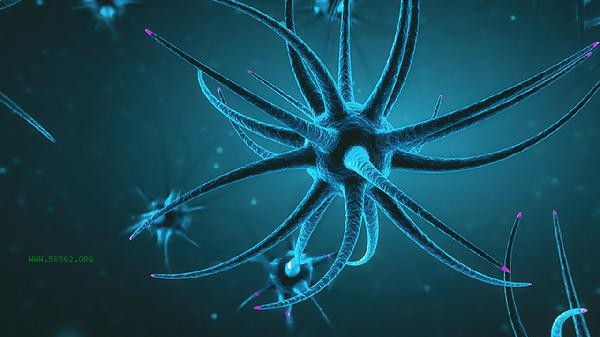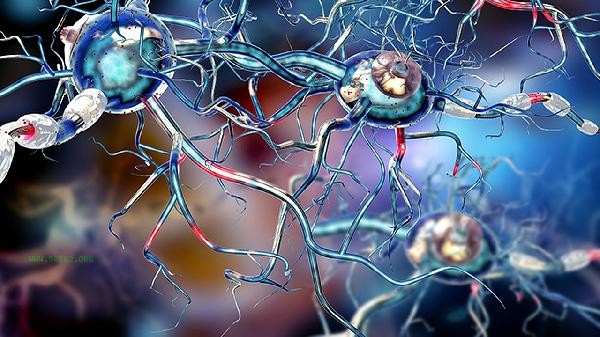neuromuscular syndrome is more common in small cell lung cancer, thymoma, breast cancer, ovarian cancer, lymphoma and other tumors. Neuromuscular syndrome is a group of neurological and muscular dysfunction indirectly caused by tumors, mainly manifested as muscle weakness, sensory abnormalities, ataxia, and other symptoms.

1. Small cell lung cancer
Patients with small cell lung cancer have a higher probability of developing neuromuscular syndrome, which may be related to ectopic hormones secreted by the tumor or autoimmune reactions. The common manifestation is Lambert Eaton myasthenia syndrome, characterized by weakness in the proximal muscle group and temporary improvement in symptoms after activity. Some patients may experience autonomic dysfunction.
2. Thymoma
There is a close relationship between thymoma and myasthenia gravis, with about one-third of thymoma patients experiencing myasthenia gravis symptoms. Tumors may interfere with the immune regulatory function of the thymus, leading to the production of acetylcholine receptor antibodies at the neuromuscular junction. Symptoms include drooping eyelids, difficulty swallowing, etc., with a typical feature being mild in the morning and severe in the evening.
3. breast cancer
breast cancer related neuromuscular syndrome is mostly manifested as polymyositis or dermatomyositis, which is related to tumor induced autoimmune reaction. Patients may experience symmetrical proximal muscle weakness, muscle tenderness, and some may have characteristic skin changes. Symptoms can be relieved after tumor treatment improves.

4. Ovarian cancer
Ovarian cancer patients may develop paraneoplastic cerebellar degeneration, which is a type of neuromuscular syndrome. Clinical manifestations include progressive ataxia, dysarthria, and nystagmus. The pathogenesis may be related to the attack of cerebellar Purkinje cells by autoantibodies such as anti Yo antibodies.
5. Lymphoma
Lymphoma related neuromuscular syndromes take various forms, including peripheral neuropathy, myopathy, etc. Hodgkin's lymphoma may be accompanied by sensory neuropathy, while non Hodgkin's lymphoma can cause multiple radiculitis. The severity of symptoms is not necessarily related to tumor staging.

For newly emerging neurological and muscular symptoms in cancer patients, it is recommended to seek medical attention as soon as possible to investigate the possibility of paraneoplastic syndrome. The treatment needs to be targeted at the primary tumor, and in some cases, immune modulation therapy is required. Maintaining moderate activity can help maintain muscle function, but excessive fatigue should be avoided. In terms of nutrition, it is necessary to ensure sufficient intake of high-quality protein, and if necessary, supplement with vitamin B family. Regular follow-up of changes in neuromuscular function is important for evaluating treatment outcomes.









Comments (0)
Leave a Comment
No comments yet
Be the first to share your thoughts!